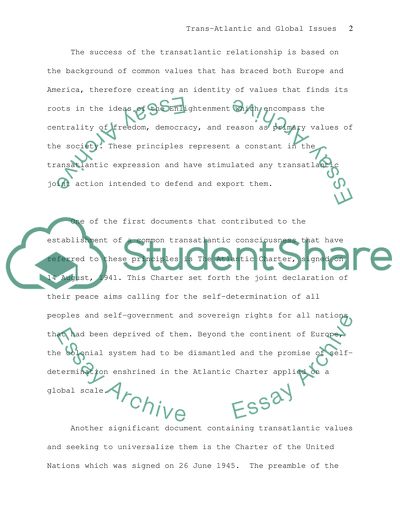Cite this document
(“Transatlantic Relationship Essay Example | Topics and Well Written Essays - 2250 words”, n.d.)
Transatlantic Relationship Essay Example | Topics and Well Written Essays - 2250 words. Retrieved from https://studentshare.org/miscellaneous/1515732-transatlantic-relationship
Transatlantic Relationship Essay Example | Topics and Well Written Essays - 2250 words. Retrieved from https://studentshare.org/miscellaneous/1515732-transatlantic-relationship
(Transatlantic Relationship Essay Example | Topics and Well Written Essays - 2250 Words)
Transatlantic Relationship Essay Example | Topics and Well Written Essays - 2250 Words. https://studentshare.org/miscellaneous/1515732-transatlantic-relationship.
Transatlantic Relationship Essay Example | Topics and Well Written Essays - 2250 Words. https://studentshare.org/miscellaneous/1515732-transatlantic-relationship.
“Transatlantic Relationship Essay Example | Topics and Well Written Essays - 2250 Words”, n.d. https://studentshare.org/miscellaneous/1515732-transatlantic-relationship.


